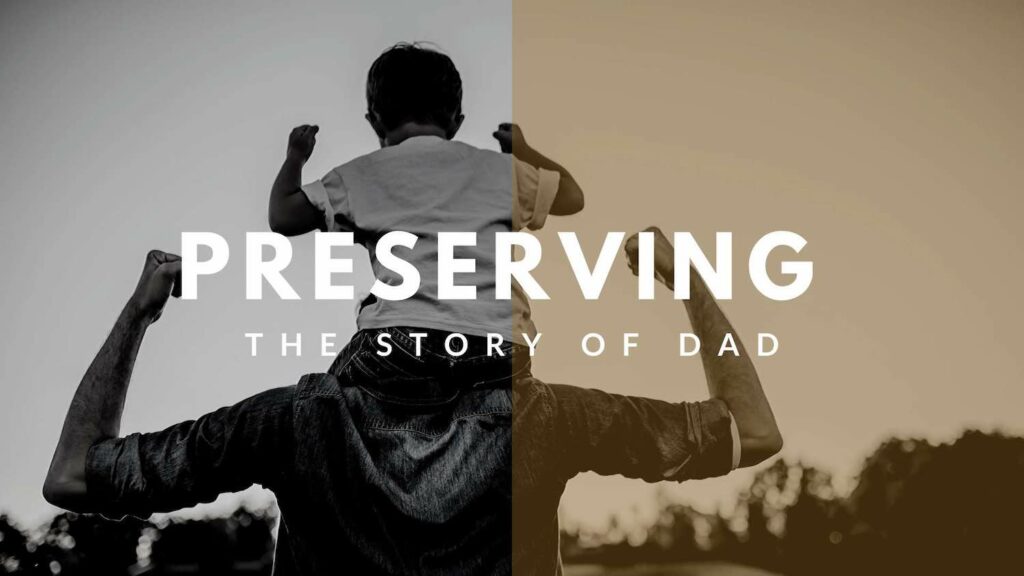History is made up of stories of people, places, and things. These stories are important, without them, we wouldn’t have a record of the past. I received a call from my son asking to interview me with questions regarding the terrorist attack on 911 for his journalism class. Tender and buried emotions quickly rose to the surface as he asked me specifics about that no longer ordinary day:
“Where were you on 911?” without hesitation I replied, “I was at Office Depot.”
“Who was with you on 911?” Another easy-to-recall response, “I was with my four youngest children.” I could even picture the cart that held them.
“How did you hear about 911?” I hesitate as the frantic moment rings in my soul, “A woman ran in shouting that a plane had just flown into the World Trade Center!”
“How did you feel?” This was a hard one to pinpoint, “Well it was two years after my husband died, so I’m sure I was a little bit afraid since I would be walking alone through this great tragedy—but then, I really wasn’t alone. I recognized it as another opportunity to trust God who promised to be with me.”
Where were you on 911? It’s the hard and tragic days like 911 that we remember every detail of, no matter how much time has passed. As we share our stories of how we felt and how we responded, we can begin to see a picture of how God has worked, even in the worst of circumstances. Beyond historic events, these monumental moments take place at some point in our personal lives and we receive the forced reminder that God is active and we are called to declare His works from one generation to another:
Psalm 145: “Great is the LORD, and highly to be praised, and His greatness is unsearchable. One generation shall praise Your works to another and shall declare Your mighty acts.”
Joel 1:2-3: “Has anything like this happened in your days or in your fathers’ days? Tell your sons about it, and let your sons tell their sons, and their sons the next generation.”
Scripture even encourages us to learn from the failures that happened before us and share those with the generations to come.
Psalm 78:6-8: “That the generation to come might know, even the children yet to be born, that they may arise and tell them to their children, that they should put their confidence in God and not forget the works of God, but keep His commandments, and not be like their fathers, a stubborn and rebellious generation, a generation that did not prepare its heart and whose spirit was not faithful to God.”
But oh, how this becomes hard when it’s preserving a story that is so close to home, the death of husband and dad. How do we go about preserving who this man was and everything that surrounded our personal tragedy?
When Dad dies, typically, one of two things happens regarding memorializing his story and legacy, especially with our kids. We either want to keep him alive forever, almost idolizing him, or believing we are protecting our children from the truth and harsh realities of death, we stuff everything about him deep inside, pretending he never lived in the first place.
I know the feeling of the latter; my husband chose to take his own life when my eight children were under the age of 10. Because of his sad choice, I was left with the responsibility to share both the difficult truth in love while preserving the reality of their dad who truly loved them.
While I didn’t always do it perfectly, here is how I chose to preserve the story of daddy:
Note: My children were young; therefore, the ideas below may not work for children out of the home. After experiencing the death of my own father as an adult, I realized other ways might work for preserving his life story. No matter the difference, the bottom line is to save and share the story of Dad. It’s important to the history of your family and for their legacy.
- Daddy Books: At the memorial service, guests were encouraged to share their favorite memories of my husband so my children could continue to learn about and remember their father. One hundred letters came in, each bringing a little hope and light in the midst of a dark season and dark ones to come. These stories mean more to them in the later years than at first. Capturing the memories also provides a way to introduce the next generation to the grandfather they never knew.
- Daddy Boxes: Soon after my husband died, I noticed that my children had started collecting things around the house that reminded them of dad: his tool belt, a t-shirt, or a photograph they loved. So to hold all these memories, I created a shadow box for each child to display these important treasures. He also wrote a letter to each one on their first birthday, which I displayed front and center. As they grew up, these Daddy Boxes were displayed on their walls and provided much-needed comfort as they processed through grief and took steps forward in life.
- The Story in the Suitcase: Corrie ten Boom teaches that we must be careful with what we insert into the suitcase of a child’s heart. Too much information too early on can cause more harm than good. There were so many details and intricacies to the unwanted suicide story of my husband and their daddy. He didn’t just wake up one day with the sudden idea to kill himself; Satan spent years planting seeds for destruction, waiting for an opportune time. Heeding Corrie’s advice, I wrote out all of these stories and moments leading to our family tragedy, holding them for the time when maturity would allow the truth to be more easily received.
For our family, the reading of “the story” took place before each child headed off to college. I would set aside time for just me and my child to get away and discuss this difficult, yet necessary part of their story. For many of my children I actually read the story I had written out to them, stopping after each segment to answer questions or wipe a tear. Several, however, wanted time alone to read the story and process with me afterward. It was never easy but provided the missing puzzle pieces to a sad picture. Knowing that Satan loves to use patterns of sin and struggle to destroy future generations, it is important to share the story in the suitcase to cancel the future plans of the enemy. Patterns of destruction, suicide, depression, and addictions must be brought to the light, discussed and torn down. By sharing how Satan successfully lured their daddy I was able to show them that God intends to have the victory over their portion of this story and that patterns of destruction do not have to carry to the next generation. It was worth the pain of the moment to let the skeleton out of the closet, forgive, and move forward trusting in God’s sovereignty.
- The Gospel Story: Just as adopted children desire to know all about their biological parents, so do fatherless children who have been, in a sense, adopted by God, the Father to the fatherless. Being adopted by God is amazing but doesn’t delete the reality there was an earthly daddy here before. As you feel the loss of dad with your children, it is important to direct their focus to their gain of God as Father. When the story of earthly dad is shared, be sure to include the greater story of Father God. God loved us so much that He sent His only Son to die for our sins. His blood shed on the cross makes it possible to have a relationship with God not only as Father but as Savior (John 3:16).
“For you have not received a spirit of slavery leading to fear again, but you have received a spirit of adoption as sons by which we cry out, “Abba! Father!” – Romans 8:15






